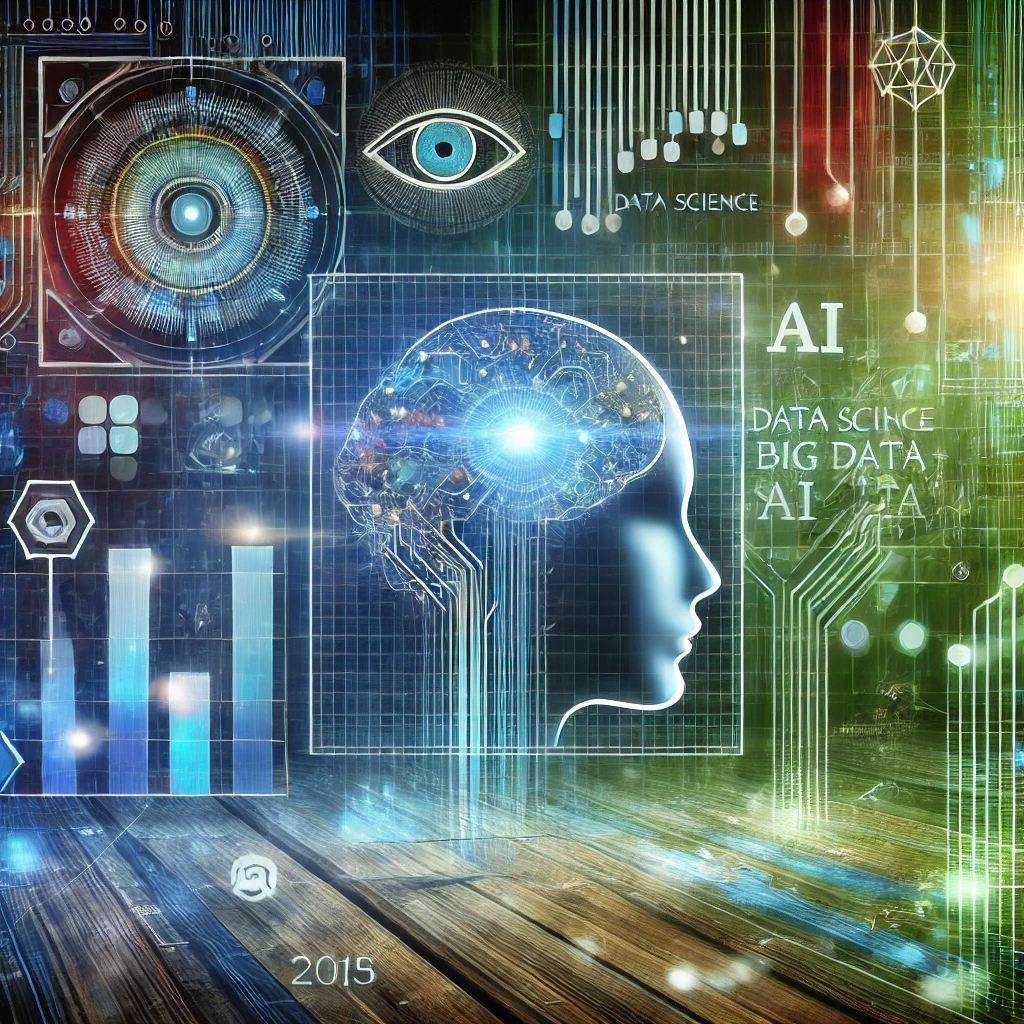In-Depth Analysis of 2025 Trends in Data, AI, and Data Science
As we move into 2025, data science, artificial intelligence (AI), and related technologies are rapidly transforming the way we live and work. This transformation is forcing both companies and individuals to rethink how they interact with data and AI-driven tools. So, what can we expect in terms of trends in 2025?
1. AI at the Core of Everything
In 2025, AI will no longer be just a tool; it will be the very foundation of operations. Companies will integrate AI into every part of their business, from customer relationship management to logistics, production, and marketing. Autonomous systems, machine learning (ML), and natural language processing (NLP) will optimize decision-making processes, increasing both speed and efficiency.
2. Data Ethics and Security
As data collection and analysis processes become more advanced, data security and ethics will become even more crucial. By 2025, discussions around data privacy will be more frequent, and the scope of regulations like GDPR will expand. Consumers will be more aware of which data is being collected and how it is being used, demanding greater transparency from companies.
3. Automation and Autonomous Systems
Autonomous systems, AI-powered robots, and self-driving vehicles will revolutionize production and service sectors. By 2025, many industries will support their workforce with autonomous systems, creating significant changes, particularly in logistics and manufacturing.
4. Global Data Governance
As data becomes one of the most valuable resources in the world, global data governance will take center stage. In 2025, new agreements and regulations will emerge to govern data sharing and management between countries. Global data governance will regulate the flow of data between nations and companies, ensuring more effective use of data.
5. Personalized AI Experiences
AI technology will create a revolution in personalization. By 2025, AI will be able to provide fully personalized experiences based on individual needs. This will be felt across e-commerce platforms, healthcare services, and more. For example, product recommendations while shopping will not just be based on browsing history, but AI will analyze the user’s emotional state to provide more relevant suggestions.
6. Deep Learning and Big Data Analytics
In data science, deep learning algorithms will become even more sophisticated. By 2025, big data will be analyzed faster and more efficiently, leading to more accurate results. This process will have a particularly large impact on the healthcare, finance, and retail sectors.
7. AI and Human Collaboration
We are entering an era where artificial intelligence complements human skills. By 2025, AI-human collaboration will become the norm. Especially in creative industries (design, media, art), AI will work alongside humans, increasing productivity and enabling the emergence of new ideas.
8. AI in Education
In 2025, AI will offer personalized learning experiences in education. AI-based educational platforms will deliver content tailored to students’ learning styles and use data-driven analysis to improve student performance.
9. IoT and AI Integration
The Internet of Things (IoT) will become fully integrated with AI, creating smarter systems. By 2025, household devices will become more “intelligent” and work seamlessly with AI to simplify everyday life.



